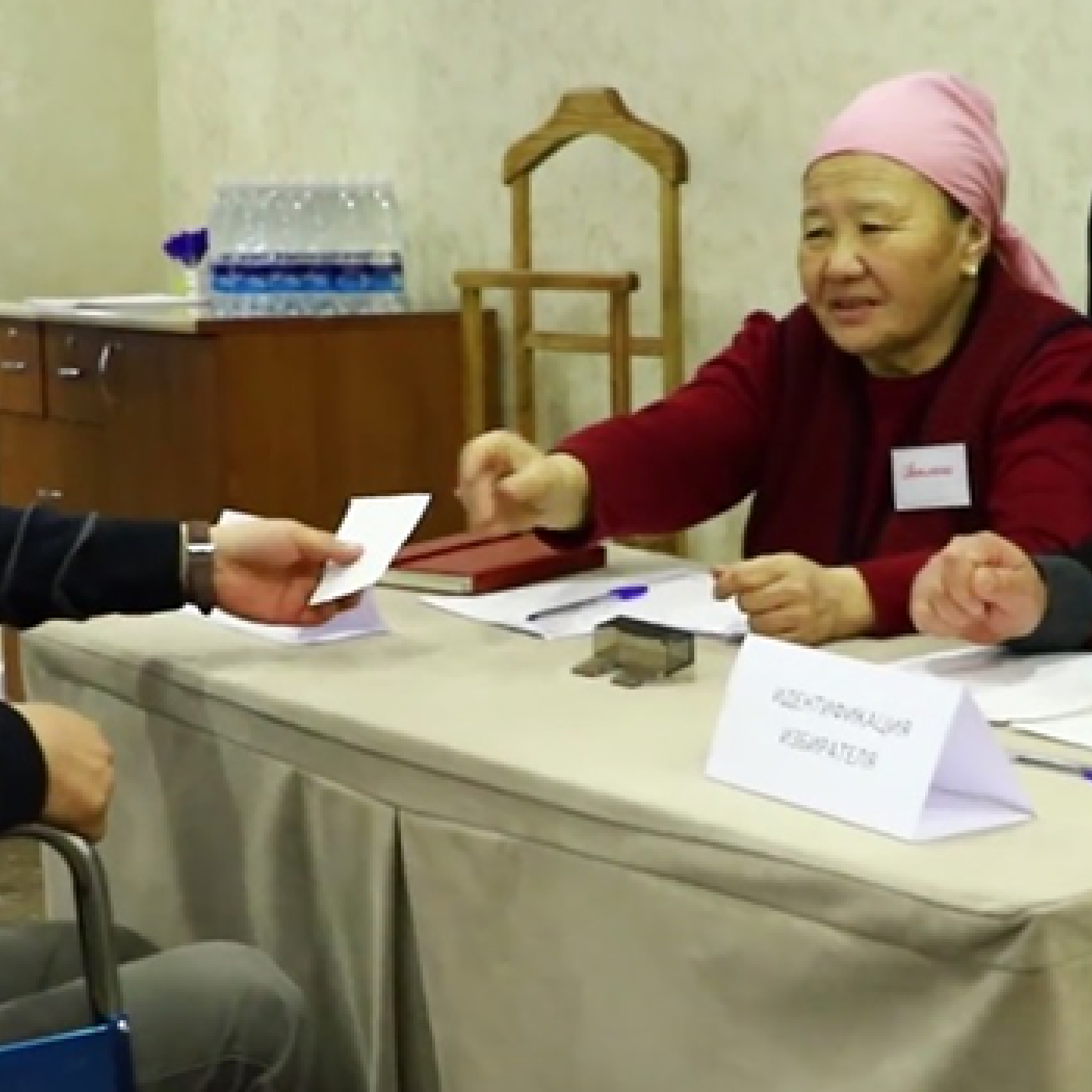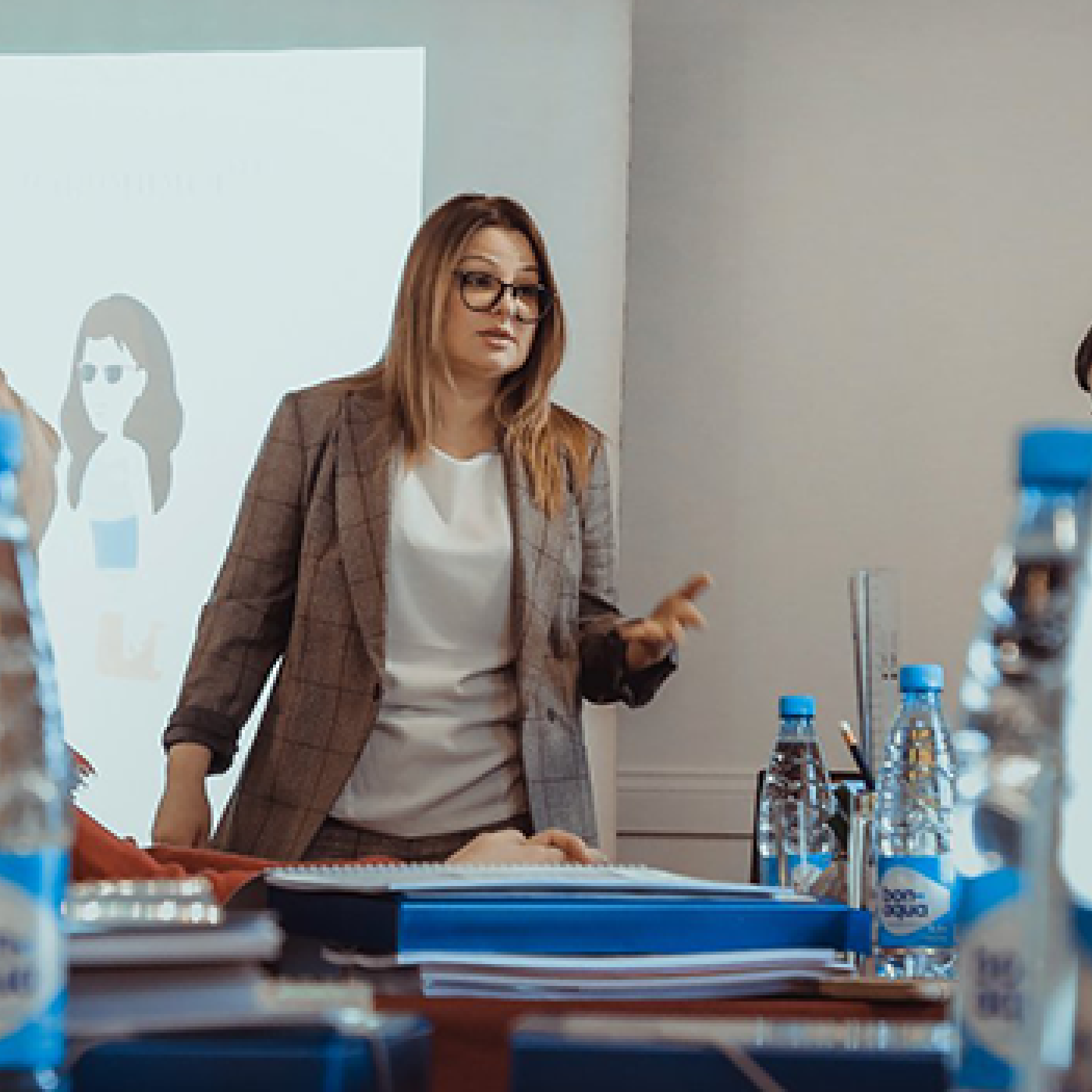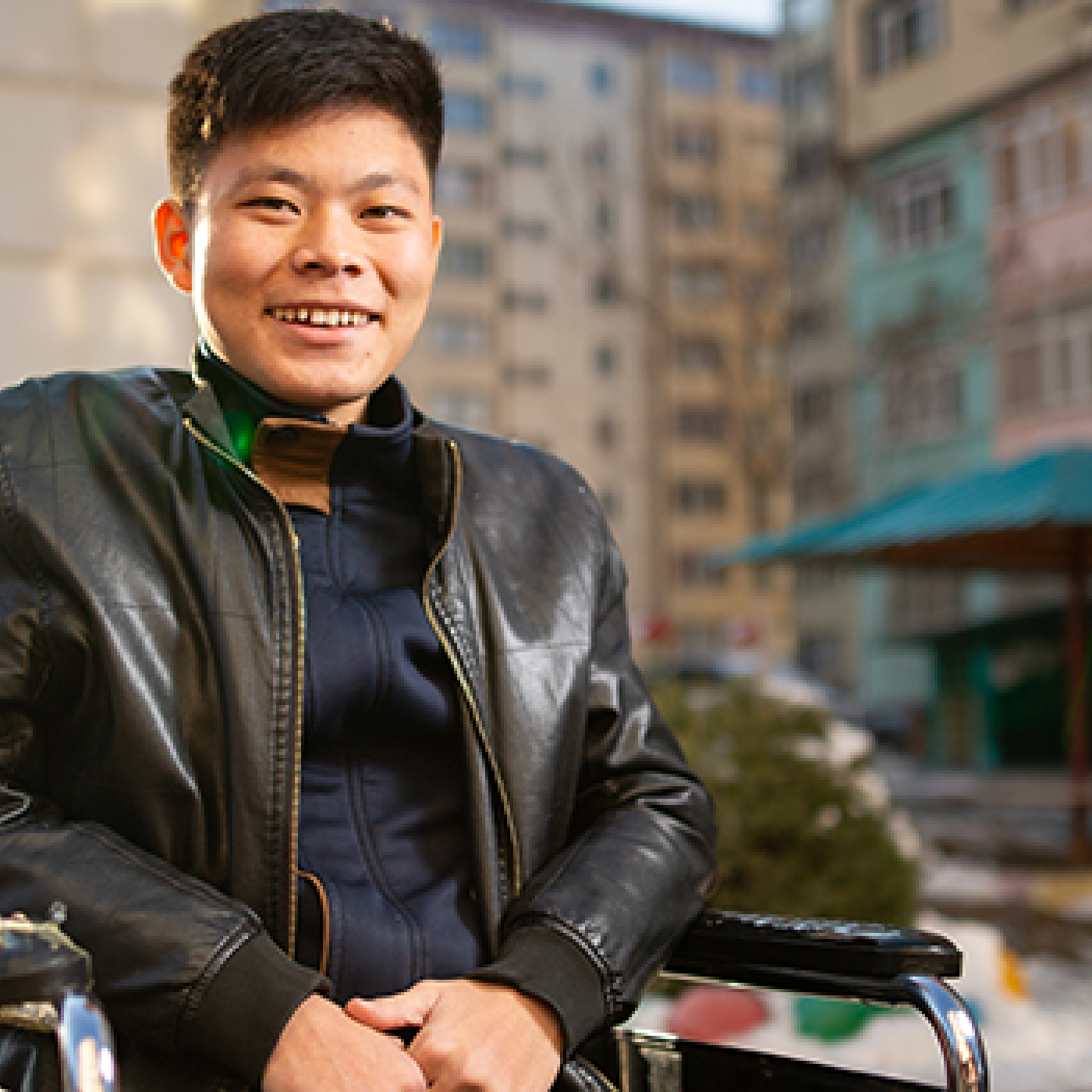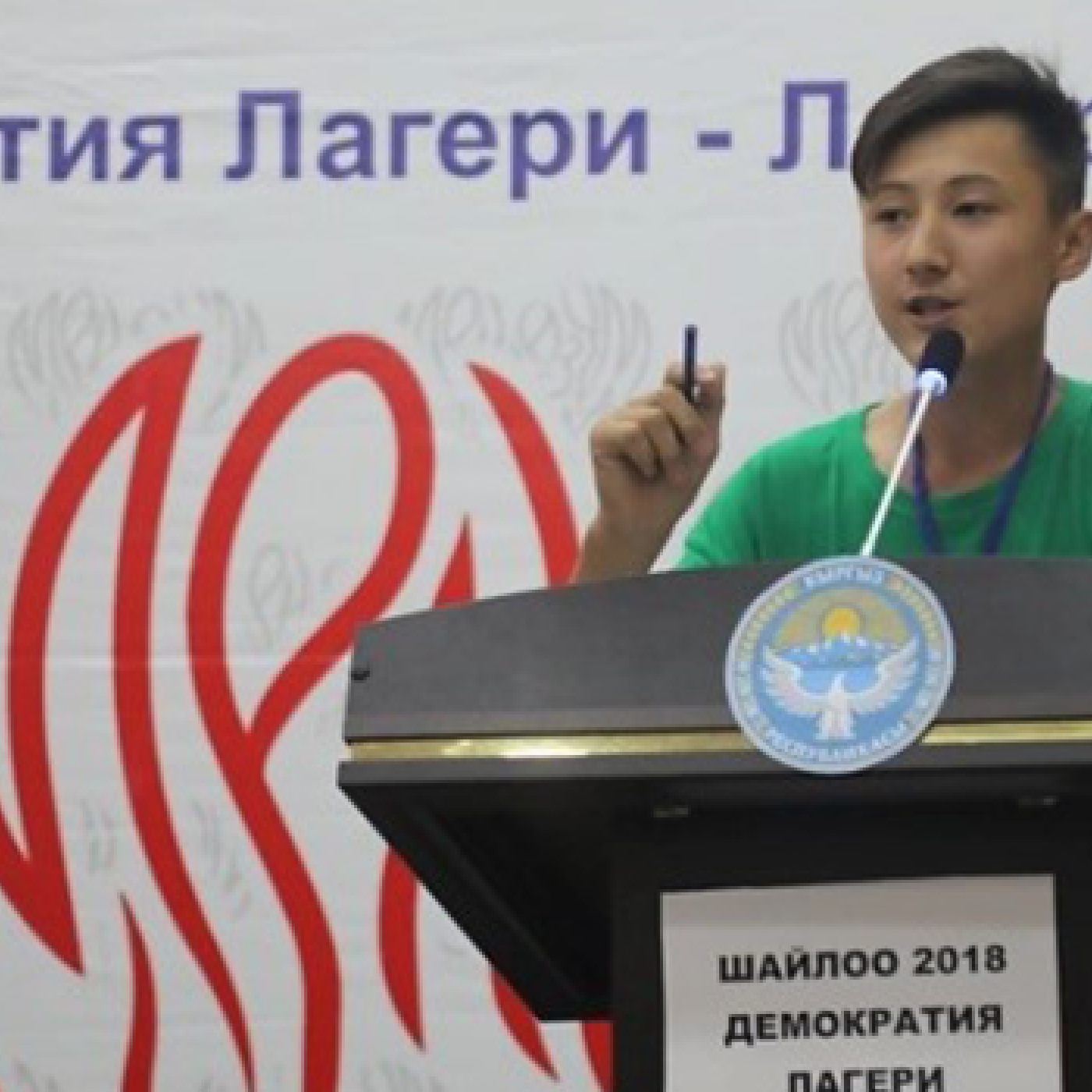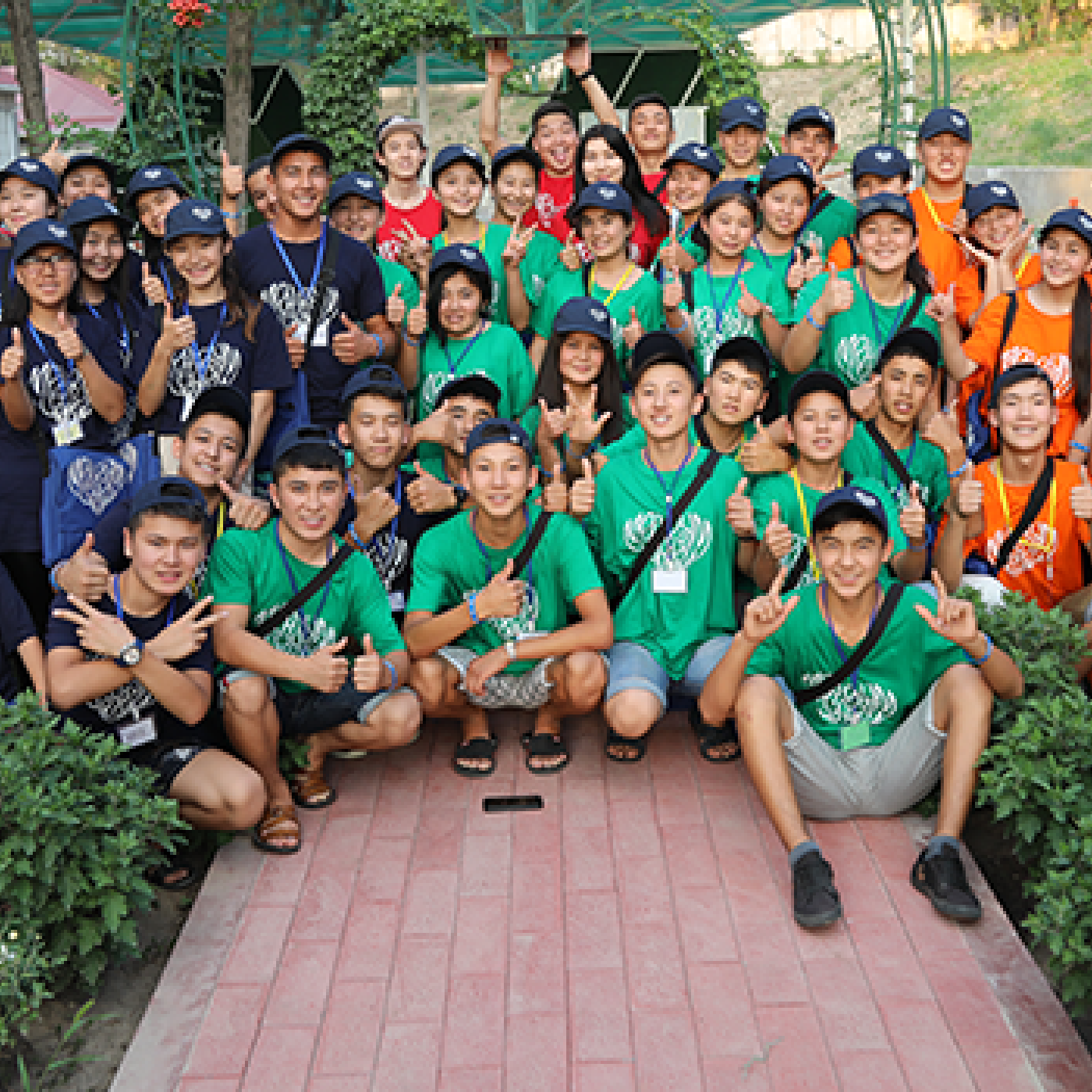Tools & Resources
Filter by
Type
Publication date
Language
Type
Publication date
Language
Publication
Report/Paper
Parliamentary Oversight of Constitutional Bodies
Parliamentary Oversight of Constitutional Bodies in the Maldives explores how parliamentary tools and mechanisms can be effectively tailored to provide the appropriate level of oversight. The paper has recommendations and lessons that are broadly applicable outside the Maldivian context.
December 07, 2020
Election FAQ
Elections in Kyrgyzstan: 2020 Parliamentary Elections
On Sunday, October 4, Kyrgyz voters will go to the polls to vote for the 120 deputes in the Jogorku Kenesh, a unicameral parliament.
News & Updates
Feature
Training Election Commissions in Kyrgyzstan on Electoral Rights of Persons with Disabilities
In honor of Global Elections Day, IFES and local partner organizations conducted a two-day training on ensuring the electoral rights of persons with disabilities for representatives of Kyrgyzstan's Territorial Election Commissions.
News & Updates
Feature
Breaking Barriers, Building Access: Creating a Culture of Inclusion in Kyrgyzstan
In an effort to increase civic participation among marginalized groups in Kyrgyzstan, in February 2018, IFES organized a contest for persons with disabilities, which provided them with an opportunity to design a project or activity that will increase access to decision-making processes. Aiperi, a participant from disabled people’s organization Nazik Kyz (“Tender Girl”), was awarded a small grant to make her project a reality.
Election FAQ
Elections in the Maldives: 2019 Parliamentary Elections
On April 6, Maldivian citizens went to the polls to elect all 87 members of the People’s Majlis, the country’s Parliament. To help you understand this important electoral process, IFES provides Frequently Asked Questions on Elections in the Maldives: 2019 Parliamentary Elections.
News & Updates
Feature
Women of IFES: Q&A with Renata Levovski
IFES’ leadership in the field is comprised of a cadre of women professionals with firsthand experience administering elections in every region of the world. In this Q&A, Renata Levovski reflects on her professional journey in democracy development, the different countries where she has worked and the many salient issues she has been able to address through her career at IFES.
News & Updates
Feature
Democracy Camp Alumnus’ Journey of Self-Discovery and Empowerment
Ilyas Alymbek Uulu, who is 16 and uses a wheelchair, is one of an estimated 30,000 youth with disabilities in Kyrgyzstan. He performed the leading role in an IFES-supported public service announcement and later participated in one of IFES’ annual democracy camps, experiences which profoundly changed his life.
News & Updates
Feature
20 Years of Democracy Camps: Building a Legacy of Youth Empowerment and Engagement in Kyrgyzstan
Kyrgyzstan is a burgeoning democracy full of young people. Over 45 percent of the population is below age 24, and over 30 percent is 14 or younger. Now a 20-year legacy, IFES Democracy Camps help remove the fetters of the past by empowering young people with critical skills and confidence to become the next generation of leaders.
News & Updates
Feature
Empowerment and Inclusion Through Youth Democracy Camps in Kyrgyzstan
IFES recently completed two annual summer democracy camps for youth ages 14-19 in Kyrgyzstan. This year’s camps build upon IFES’ legacy of more than 20 years of democracy camps, with over 80 camps conducted across the world, including 50 in Kyrgyzstan alone.
News & Updates
Feature
Learning About Violence Against Women in Politics in Leaps and Bounds: Surprising Findings from the Maldives
In 2011, IFES' Electoral Violence Education and Resolution (EVER) methodology found that women were rarely the subjects of political violence in the Maldives – less than 2 percent of violent incidents specifically targeted women, compared to 46 percent targeting men. Four years later, using a new, survey-based methodology, data collected by Professor Elin Bjarnegård from Sweden's Uppsala University in collaboration with IFES suggested a very different situation.





